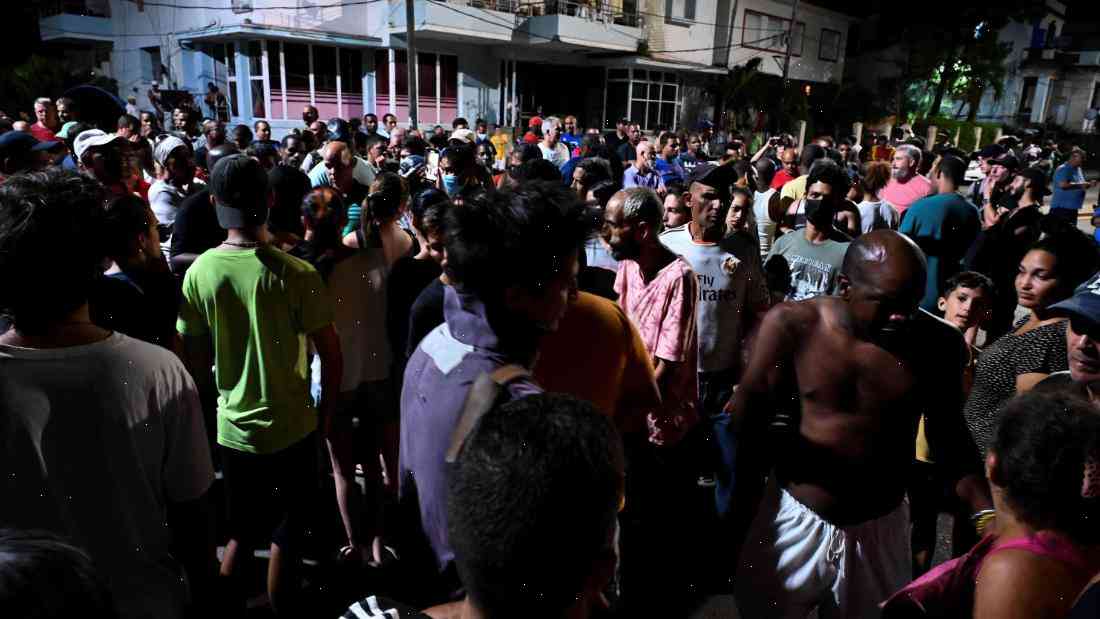After Hurricane Ian left Cuba in the dark, protestors took to the streets. Now the government is set to charge them with sedition for calling out their leaders.
A view of the Granma street after Hurricane Ian hit Cuba in September 2016 (Getty Images)
On 20 September 2016, Hurricane Ian devastated the eastern Cuban province of Holguín, with winds of up to 185 kilometres per hour. The city of Granma, some 50 kilometres from the coast, had already been decimated by Hurricane Irma three days earlier. The winds of both storms ripped trees from the ground and blew large sections of roofs back to the sky, leaving Cuba’s third largest city in ruins.
Hurricane Irma destroyed parts of the city of Camaguey in August 2017 after destroying many buildings, including a hospital, a sugar cane refinery and a government building.
Hurricane Irma’s winds tore the roof off the Hospital Nuestra Señora de los Remedios after the hurricane hit on 21 September 2017 in Camaguey in Cuba (PA)
Cuba is a country that loves to see itself on the global map. Its Communist government has made no secret of its support for Cuba’s former allies and enemies, and has allowed thousands of US military personnel to visit and have medical care in Cuba since the 1960s. When the US-backed Cuban revolution toppled the island’s last dictator, Fidel Castro, in 1959, Castro’s brother Raul Castro had pledged to see the US remove him from power by any means necessary.
The current administration of President Raul Castro aims to build on that promise by seeking to expand US influence on the island. His administration has adopted policies that will benefit the Cubans and those who seek to travel to and visit Cuba, while hindering US citizens, including Cubans, and US corporations from doing so.
The Trump administration’s recent ban on visitors from seven Muslim-majority countries is a further step in what is increasingly looking like a systematic crackdown on US citizens. The list of countries subject to this ban, which includes Iran, Iraq, Libya, Somalia, Sudan, Syria, and Yemen, may be expanded if Cuba is added. The Trump administration’s intention to cut Cuba off from the world is based on concerns about the island’s human rights record, including torture and arbitrary detention, and a history of supporting foreign governments that threaten the US.
Havana’s

